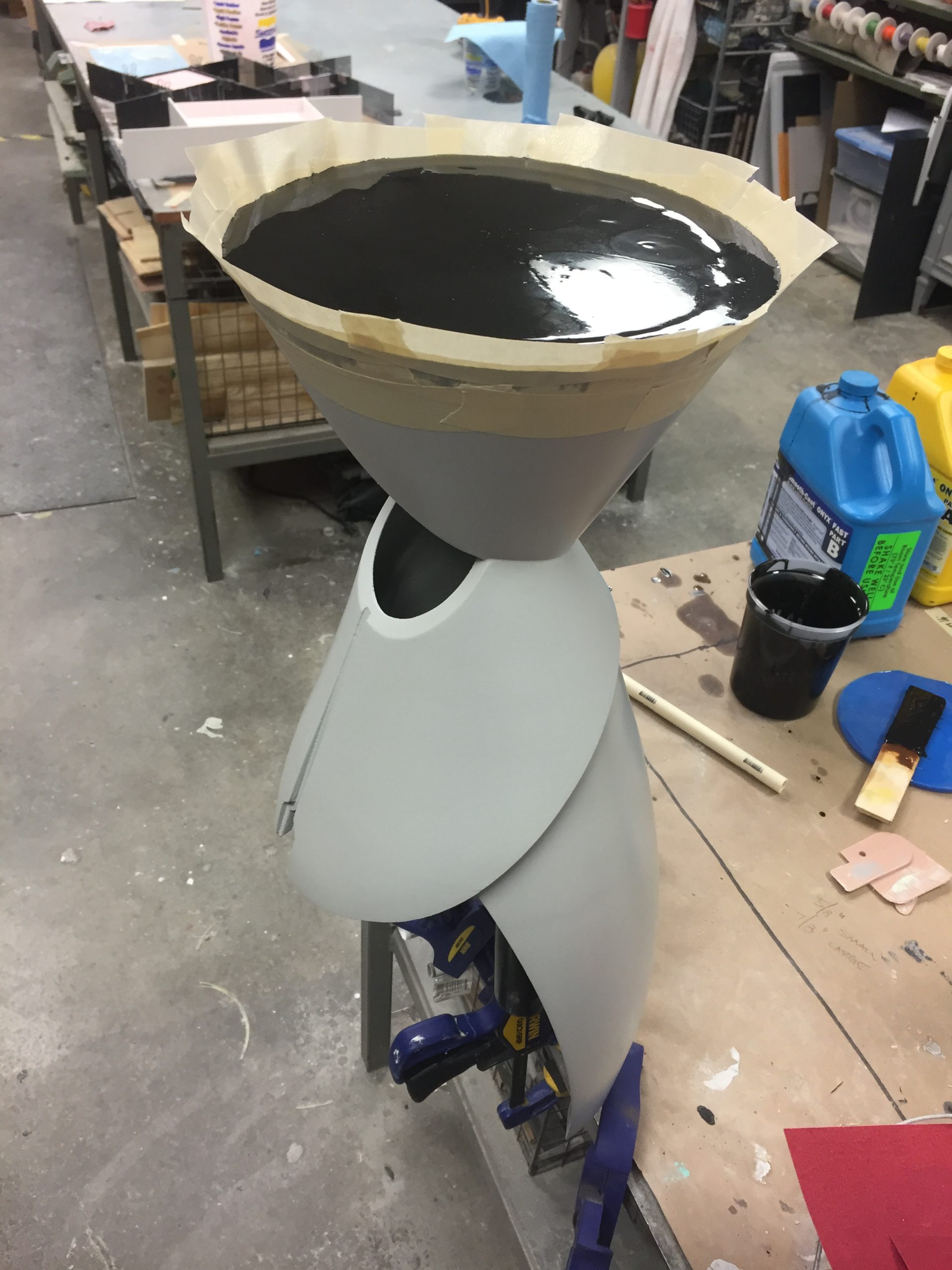What Is Base Weight Backpacking?
Base weight backpacking is an essential component of any extended backpacking trip. It is the amount of weight you carry in your backpack when you set out on a trip, excluding consumables such as food, water, and fuel.
This base weight is made up of all the items that you will be carrying for the entirety of your trip. Every item that you bring with you has to be weighed and considered when calculating your base weight.
The goal of a base weight backpacking trip is to reduce the amount of gear you bring with you, thus making your pack lighter and more comfortable to carry over long distances. This is done by only bringing items that are absolutely necessary for survival and comfort in the environment that you’re traveling in. While there are no hard and fast rules for what constitutes a necessary item, experienced backpackers often suggest that anything over 3 lbs should not be included in your base weight.
Items like sleeping bags, tents, stoves, cookware, and clothing are all part of the items typically included in a base weight backpacker’s pack. These items should all be chosen based upon their quality and suitability for the climate and terrain that will be encountered on the trip.
For example, if temperatures are expected to get cold at night then a warm sleeping bag may be necessary while if temperatures will remain mild then a lighter bag might suffice instead. The same goes for tents; lightweight models are best suited for trips where there won’t be much precipitation but if it’s expected to rain then something more robust may be needed instead.
Finally, clothing should also only consist of what is absolutely necessary; no extra changes or luxury items should be included as these can add unnecessary weight to your pack which can make it uncomfortable or even unsafe to carry over long distances or tough terrain.
In conclusion, base weight backpacking is an important skill to master when heading out on extended trips into the wilderness. By removing unnecessary items from your pack and focusing on quality essentials like sleeping bags and clothing suitable for the climate conditions encountered on your journey, it is possible to reduce pack weights significantly making them easier and safer to carry over long distances and tough terrain.
Conclusion: Base weight backpacking requires careful planning in order to ensure that only essential items are brought with you on an extended hiking or camping trip as this ensures that your pack does not become too heavy or uncomfortable over time which can lead to injury or exhaustion. Quality items should also be chosen based upon their suitability for the environment being traveled through in order to ensure safety and comfort during the journey
9 Related Question Answers Found
Backpacking is an activity that has become increasingly popular in recent years, with people from all walks of life taking part in it. The goal of backpacking is to travel light, so what is considered base weight backpacking? Base weight backpacking is a concept that focuses on reducing the amount of gear you carry and the weight of that gear.
When it comes to backpacking, the lighter the load on your back, the better. A good base weight is essential for a comfortable and enjoyable journey. Base weight is defined as the weight of all your gear excluding food, water, and fuel.
Backpacking base weight is an important concept for any backpacker to understand when planning their adventures. Base weight refers to the weight of all gear that is carried in a pack, excluding consumables such as food and water. This includes items such as shelter, sleeping bag and pad, cookware, clothing and other miscellaneous items needed for the trip.
Backpacking can be a fun and rewarding experience, but it also requires some careful planning. One of the most important factors in determining a successful backpacking trip is the amount of weight you are carrying on your back. Having a good base weight for your trip is essential for making sure you don’t end up carrying too much or too little gear.
When it comes to backpacking, the term ‘base weight’ is often thrown around, but what does it really mean? Base weight is a term used to describe the total weight of all your gear minus consumables, such as food and water. It’s important to consider your base weight when backpacking as it can drastically affect your overall comfort and enjoyment of the trip.
Backpacking is an increasingly popular way of experiencing the outdoors, offering an immersive experience into nature and sometimes even the opportunity for extended trips. It is important for anyone backpacking to know about base weight backpacking and what it entails, especially for those who are new to the activity. What Is Base Weight Backpacking?
When it comes to backpacking, base weight is an important factor to consider. Base weight is the weight of all the gear you are carrying in your backpack, excluding consumables like food and water. It can be difficult to determine what the optimal weight for a backpacking setup should be since there are a lot of factors that need to be taken into account.
Backpacking is an outdoor activity that requires participants to carry their supplies and equipment with them. As experienced backpackers know, the weight of the load can make or break the experience. To ensure a successful trip, it’s important to know what base weight for backpacking should be.
When it comes to backpacking, the weight of your gear can make or break your experience. Knowing what your base weight should be is essential for ensuring that you have a comfortable and enjoyable trip. Your base weight is the total weight of all the items you need for a backpacking trip, minus any consumables like food and water.
